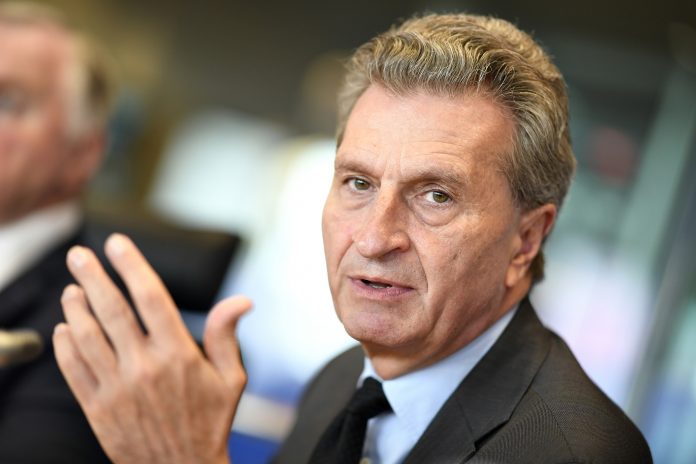The European Commission on May 23 proposed the 2019 draft EU Budget of €166bn in commitments – corresponding to a 3% increase over 2018.
According to the Commission, the budget – the sixth under the current 2014-2020 long-term EU budget – invests in a stronger and more resilient European economy and promoting solidarity and security on both sides of the EU’s borders.
It is designed to optimise funding for existing programmes as well as new initiatives and to boost European added value in line with the Juncker Commission’s priorities, according to a Commission press release.
“We are proposing an ambitious budget that continues to support our priorities, in particular on investment, jobs, youth, migration, solidarity and security, and that delivers European added value for our citizens,” said Commissioner Günther H. Oettinger, in charge of Budget and Human Resources. “We need stability for the EU and I look forward to reaching an agreement with Parliament and Council as soon as possible.”
According to the Commission, the proposal is based on the premise that the United Kingdom, following its withdrawal as of 30 March 2019, will continue to contribute to and participate in the implementation of EU budgets until the end of 2020 as if it were a member state.
The proposal will now be tabled before the European Parliament and the EU member states for a joint discussion.
The Commission describes the EU budget as an “investment budget”. It represents around 2% of all EU public spending, and aims to complement national budgets.

